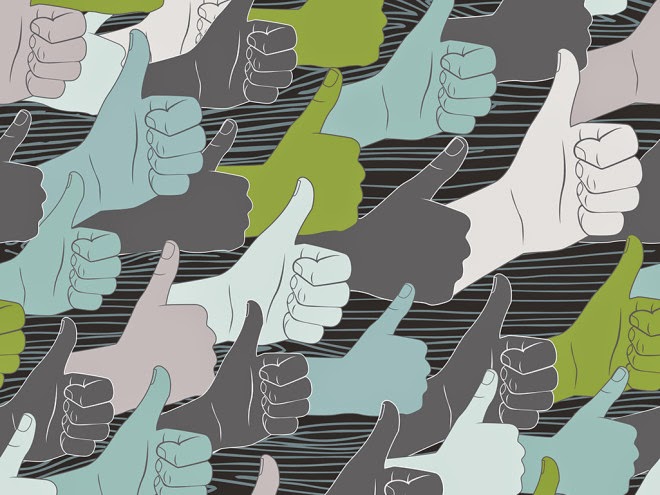 |
| Photo: Luke MacGregor/Reuters via The Atlantic. |
Here a very interesting article on the virtues of working less, which for us of course means worrying less about occupying your time with meaningful procrastination activities like visiting galleries, picnicking outdoors when the sun is shining, exercising or simply clicking on another tab and devoting 5 minutes to reading an inspiring article, instead of engaging into a starting contest with your computer screen just for cultural inertia.
"Even though the amount of time you work tends to match how productive you are as if on a sliding scale, length of work and quality of work at a certain point become inversely related. At some point, in other words, the more you work, the less productive you become.
For example, working long hours often leads to productivity-killing distractions.
Such is an instance of the saying known as Parkinson’s law, which
states that work expands so as to fill the time available for its
completion. Work less, and you’ll tend to work better.
Many people are still stuck on the fundamental importance of
work compared to free time: the structure it gives, the purpose it
affords, the morality it signifies. But what if we viewed leisure time
not as goofing off, but as necessary time for reflecting, for inspiring
creativity, and for saving up brainpower and energy for future work?" Read full article in The Atlantic. E.T.P. 7'
 |
| Illustration via Wired. |
I like everything. Or at least I did, for 48 hours. Literally everything Facebook sent my way, I liked—even if I hated it. I decided to embark on a campaign of conscious liking, to see how it would affect what Facebook showed me. I know this sounds like a stunt (and it was) but it was also genuinely just an open-ended experiment." Read full article in Wired. E.T.P. 7'

No comments:
Post a Comment
Note: only a member of this blog may post a comment.